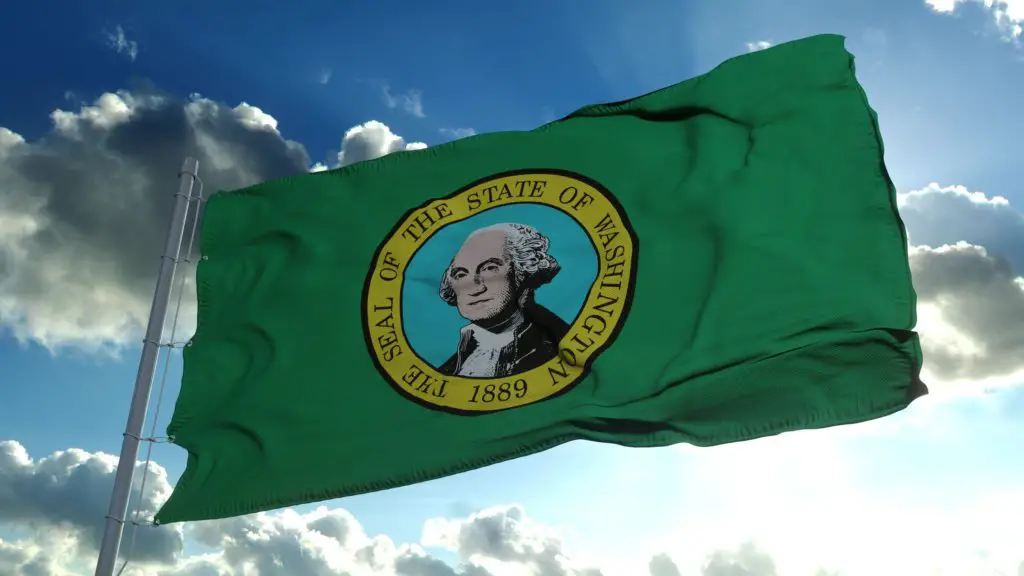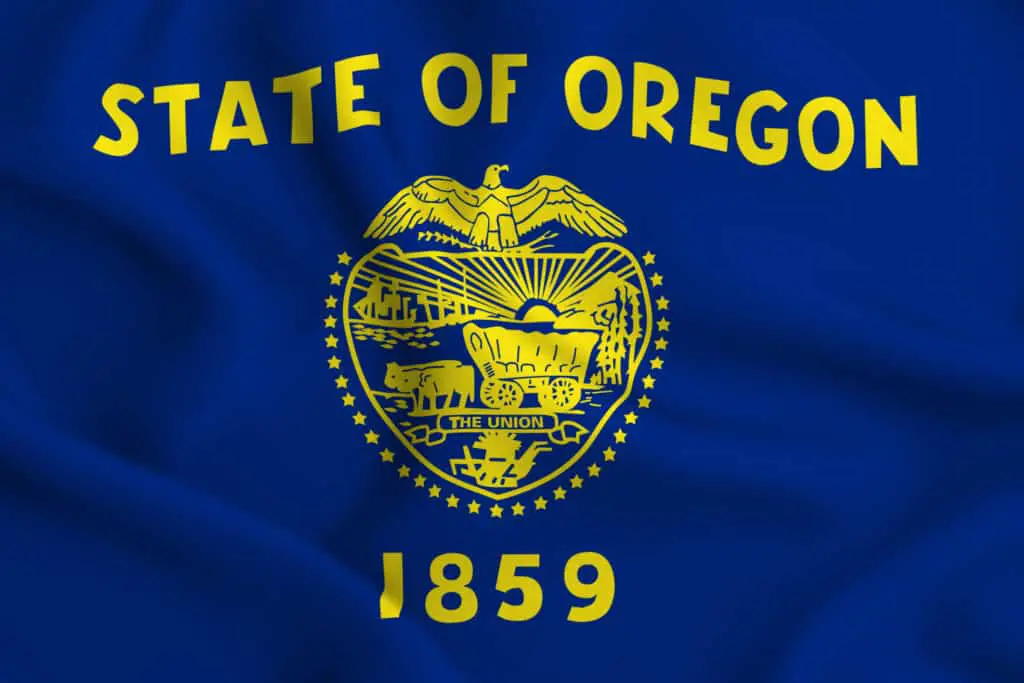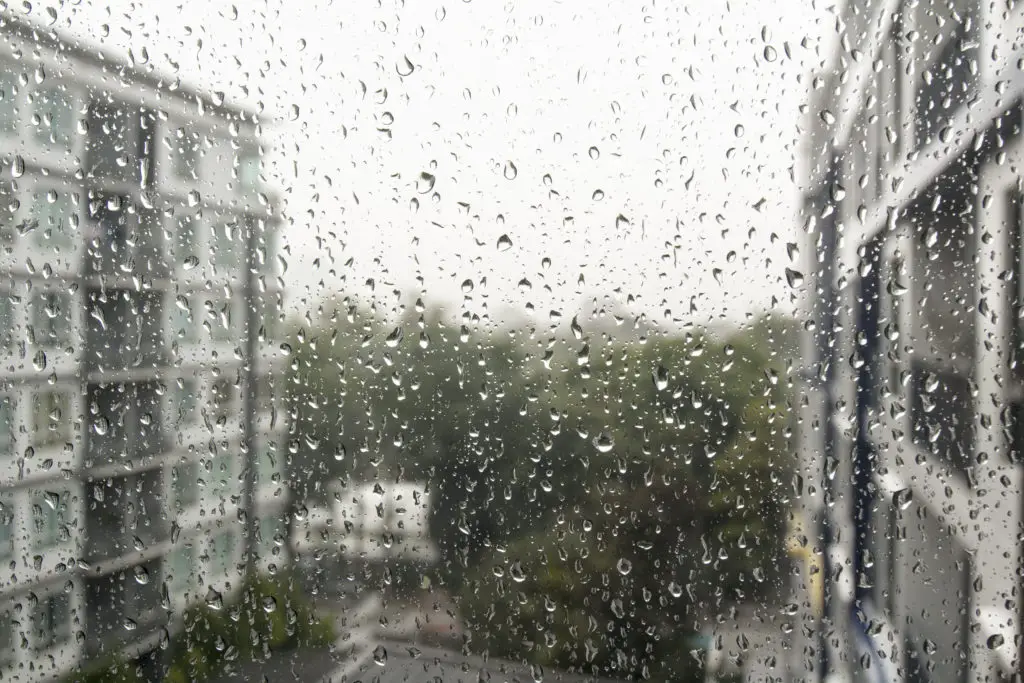There are many pros and cons of living in both Washington and Oregon, but which state is better to live in? These two Pacific Northwest states have a lot in common, but there are different pros and cons to each one.
Pros Of Moving To Washington
1. Plenty Of Parks
There are many children that live in Washington state. Almost every neighborhood that is located in the suburban areas has at least one park for the children that live there to use at their leisure. The parks have at least one play structure, at least three picnic tables for picnics on warm days, and a walking path for the people who do not want to use the park. Enjoying fresh air and nature is a big part of the Washington culture, even if you don’t want to play on the playground.
2. Lots Of Hiking Trails
The area is full of greenery and trees are nearly always surrounding you. The residents of Washington State have made the natural world around them a priority, and they have carved out many trails for the residents of the state to use at their leisure.
3. Great Neighborhoods
There are many different neighborhoods in Washington state. Many of them have nice homes with backyards, nearby parks for children to fun around in, schools nearby, and quiet neighbors. Of course, every neighborhood is a bit different, so we can’t guarantee that your neighbors will always be quiet and polite! However, there are lots of good places to live in this state, so you have a good shot at finding a nice neighborhood. Even the neighborhoods filled with apartment buildings are relatively quiet.
4. Great Public Schools
The Washington residents have voted for laws that fund education for many years. This has led to schools that prioritize the students that they teach instead of prioritizing the after-school programs that aid the school district’s funding. Teachers are also paid comparatively well in this state, which has made it popular among educators.
5. High Minimum Wage
The minimum wage in Washington state is very high because of the high cost of living in the area. The minimum wage as of 2020 is $13.50 an hour, and will most likely increase again at the end of the year, depending on what the Washington State Department of Labor & Industries decides.
6. Health Care
There are many health care facilities in Washington state. Many hospitals that are located in Washington are hospitals for doctors in training, so if you do not want to go to a teaching hospital, look on the hospital’s website to make sure that you will be treated by the people that you want to be treated by. Washington is the considered to be the fourth best state for healthcare in the United States. source
7. Close to Oregon
Washington state is very close to Oregon state, so you can enjoy the benefits of both areas with just a bit of travel. Clark County is one of the counties that is very close to Oregon. If you live in Clark County, you are no more than 45 minutes away from the heart of Downtown Portland. This means that if you live in Washington, but want to visit Oregon, it is very easy to do so.
8. Friendly People
The people who live in Washington state are generally very nice and friendly people. Obviously every person and neighborhood is different, but there is generally a good sense of community. You may not meet many of your neighbors right away and the rainy weather might enhance introverted behavior, so if you are an introvert, then you will fit right in!

Cons Of Moving To Washington
1. Sales Tax
The state of Washington has sales tax rather than income tax. However, it is not a very high sales tax, compared to other states. It is only 6.5%, but the exact rate changes depending on the area that you are in. If you prefer to have pay an income tax rather than sales tax, then Washington is not for you.
2. High Crime Rate
The exact crime rate changes depending on the city that you live in, but Washington as a state overall has a violent crime rate of 3.1 incidents per 1,000, which is just a bit lower than the national crime rate of 3.7. source However, larger cities like Vancouver, Washington are among areas that have the highest crime rates.
3. Traffic
There is almost always traffic, both in suburban areas and on the highways. The population is very dense in many areas of Washington, and this makes it so easy for traffic to become very congested. Rush hours almost always have bumper-to-bumper traffic, especially if there has been a car accident.
4. Lower Testing Scores
Even though Washington schools have well-paid teachers and a larger focus on students, they don’t perform as well as other states when it comes to standardized test scores. This may not be an issue for some people, but if you rely on test scores as a metric of success, this could be a downside.
5. High Housing Cost
The cost of housing in Washington state is very high. In areas such as Vancouver, it is hard to find an apartment for under $1,000 a month. The minimum wage might be a bit higher, but the cost of living is pricey as well. If you wish to look at a graph of median home prices over the years in Washington, go to this website.
6. Expensive Health Care
Even though it’s widely available, the cost of health care in Washington state is relatively high. Washington state residents can expect to pay an average of $420 per person for a basic major medical individual health insurance plan. However, the prices will vary depending on the company that you get your health insurance from, and premiums can be lower if you and your family members are in good health.
7. Climate
In Washington state, it is almost always raining during the fall and winter months. The state receives an average of 38.15 inches of rainfall a year, which is higher than most other states in the US. However, the amount of rain and the exact weather is very unpredictable. It is often cold during the winter, although it rarely snows. However, it is very warm during the spring and summer, sometimes reaching over 100 degrees Fahrenheit. The humidity can be a major downside to some residents.
8. High Density Population
Washington has a high-density population, with an average of 106.3 people per square mile. This means that it is very hard to find a large home with a large backyard unless you want to pay a very high price or live in a rural area.
9. Homelessness
Unfortunately, Washington state has a very big homelessness problem. As of January 2019, Washington had an estimated 21,577 people experiencing homelessness on any given day source. In cities such as Vancouver and Seattle, the homeless problem is nearly out of control, and you can find a homeless person standing on nearly any corner of the city, asking for help or food.
Pros Of Moving To Oregon

1. Plenty Of Hiking And Nature Trails
Like Washington state, there are many hiking trails in Oregon. However, the trails located in Oregon have more areas for more advanced hikers. There are many trails near waterfalls, such as the Tumalo Falls Hike, the Proxy Falls Hike, the Three Sisters Wilderness, Multnomah Falls Hike, and Thor’s Well. These trails vary in difficulty, but they’ll be a fun challenge if you love hiking and exploring nature.
2. The Strong Economy
The economy in Oregon is very strong, although the 2020 Global Pandemic has weakened it slightly. USA Today reported in January 2018 that Oregon was the 6th fastest-growing state in the country. Their growing population has created lots of new jobs as well as a healthy economy. source
3. High Minimum Wage
While we are on the topic of strong economies, the minimum wage in Oregon is only slightly lower than Washington’s. On July 1, 2020, Oregon’s minimum wage increased to $12.00 for companies in the Standard area, $13.25 in the Portland metro area, and $11.50 for companies in the non-urban counties. source
4. Job Market
The job market in Oregon is very good for young professionals or people who are simply looking for a new job position. The best places to look for a job include downtown areas, such as Portland, Oregon. Lots of major companies have headquarters in the Oregon area.
5. No Sales Tax
There is no sales tax in Oregon, which is good for people who enjoy shopping and eating out at restaurants without extra fees. However, since there still has to be some form of tax in the state, there is an income tax for those who work in Oregon. Everyone still has to pay their share, but the lack of income tax can be really nice when you’re running errands or just want to buy something at a fixed price.
6. Next to Washington State
If you enjoy Washington but do not want to live there, then Oregon is a great place for you to live. Washington state is right next to Oregon, so it is very easy for you and your family to visit if you want to get out of Oregon while on vacation, but do not want to travel very far. You can enjoy the benefits of both regions.
7. Plenty of Beaches

If you enjoy going to the beach, then the Oregon coastline is a great place to live and visit. The beaches are absolutely beautiful, although they are very cold during most of the year. When they are warm during the summer, it can become very crowded as well.
Cannon Beach, Seaside, Oregon, and Lincoln City are the most well-known beaches in Oregon. Oregon is home to a variety of marine life as well, so you can enjoy watching sea birds, whales, and animals in the intertidal zone.
8. Quiet Neighborhoods
Unless you live in the heart of downtown Oregon, it is very easy to find a quiet neighborhood to live in. If you are raising a family in Oregon, it is very easy to find other children for your children to play with.
Cons to Moving to Oregon
1. Income Tax
We’ve talked about how there’s no sales tax in Oregon, but now comes the downside: income tax. Income taxes are taken directly out of your paycheck each pay period. It always hurts to lose a bit of your paycheck and Oregon’s personal income tax is only a little bit progressive. Marginal tax rate rates start at 5 percent and quickly rise to 7 percent and 9 percent as a taxpayer’s income goes up, and the tax rates top out at 9.9 percent.
2. Public School System
The public school system in Oregon is not very good, although it is not the worst. The public school system is ranked #40 out of 51. When compared to Washington, they aren’t doing so hot! source
3. Traffic
One of the worst parts of living in Oregon is the traffic, especially in downtown areas. It is very difficult to go anywhere during rush hours, and it is even harder to go anywhere if there has been a car accident. Anyone who has tried to drive around Portland can tell you that it gets nasty!
4. High Crime Rate
Oregon doesn’t deal with as much violent crime as many other states, however, the property crime rate is much higher. The property crime rate is 28.9 incidents per 1,000, compared to 22.0 nationwide. If you own a home in this area, you’ll have to be very careful to insure it.
5. High Housing Cost
Oregon’s housing costs are similar to Washington’s housing costs. Oregon’s median home value is $340,027, although the price changes depending on what area you are looking for a house in. For example, if you are looking for a house in Portland, Oregon, the current median home value is $464,496.
6. Climate

Oregon’s climate is very similar to Washington’s. However, it ranges from city to city. It ranges from mild, marine conditions on the coast to continental conditions of dryness and extreme temperature, in the interior. You could be dealing with a lot of rain as well, so make sure you bring an umbrella!
7. Homelessness
There is a massive homelessness problem in Oregon, although you are most likely to see the full effect in downtown areas rather than the rural areas. In 2019, it was estimated that 15,876 people were homeless.
Conclusion
Washington and Oregon are both great places to live in, and they are very similar in climate, but it is up to you to decide where you want to live. Washington has a better public school system, but Oregon has a lower crime rate overall.
Related Topics:
If you like the article above, here are some other similar articles you should check out!
17 Reasons Not to Move to Beaverton, Oregon (Voted by the Locals)
